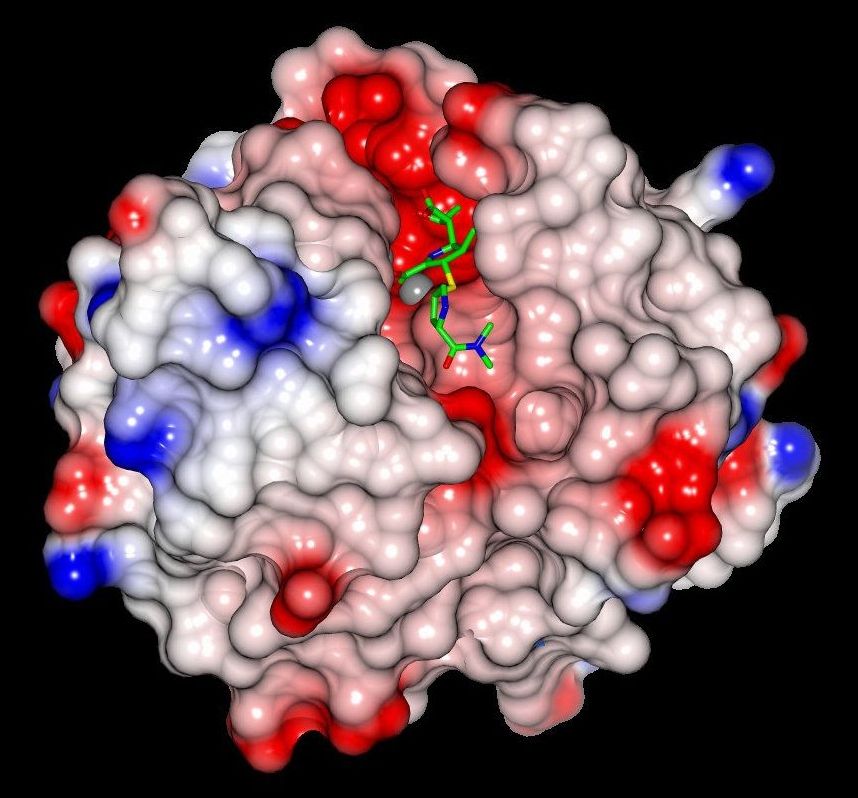Research led by the University of Bristol has begun to unpick an important mechanism of antibiotic resistance and suggest approaches to block this resistance.
Antibiotic resistance is the ability of bacteria to defend against antibiotic attack, and the spread of these resistance mechanisms amongst bacteria is a global public health concern. A form of resistance caused by a family of bacterial proteins, the Verona Imipenemase (VIM) beta-lactamases, is of acute clinical concern because it can inactivate antibiotics (penicillins and related agents) that comprise over half of the global antibacterial market.
A team of researchers led by the University of Bristol have uncovered near-atomic level structural detail of VIM proteins. The research is published today [Thursday 15 November] in The FEBS Journal.
